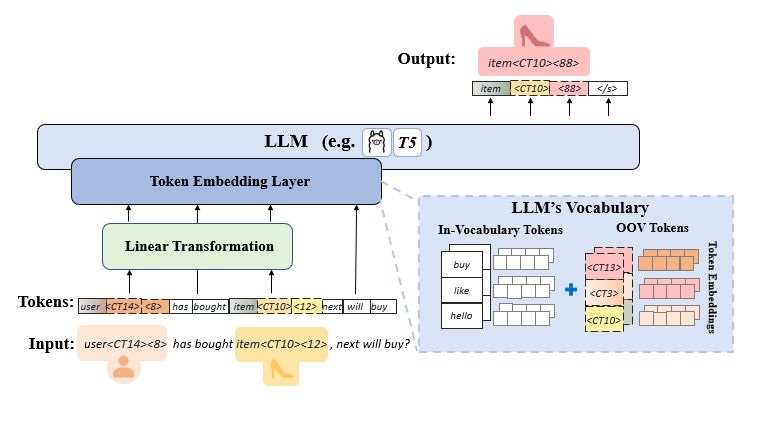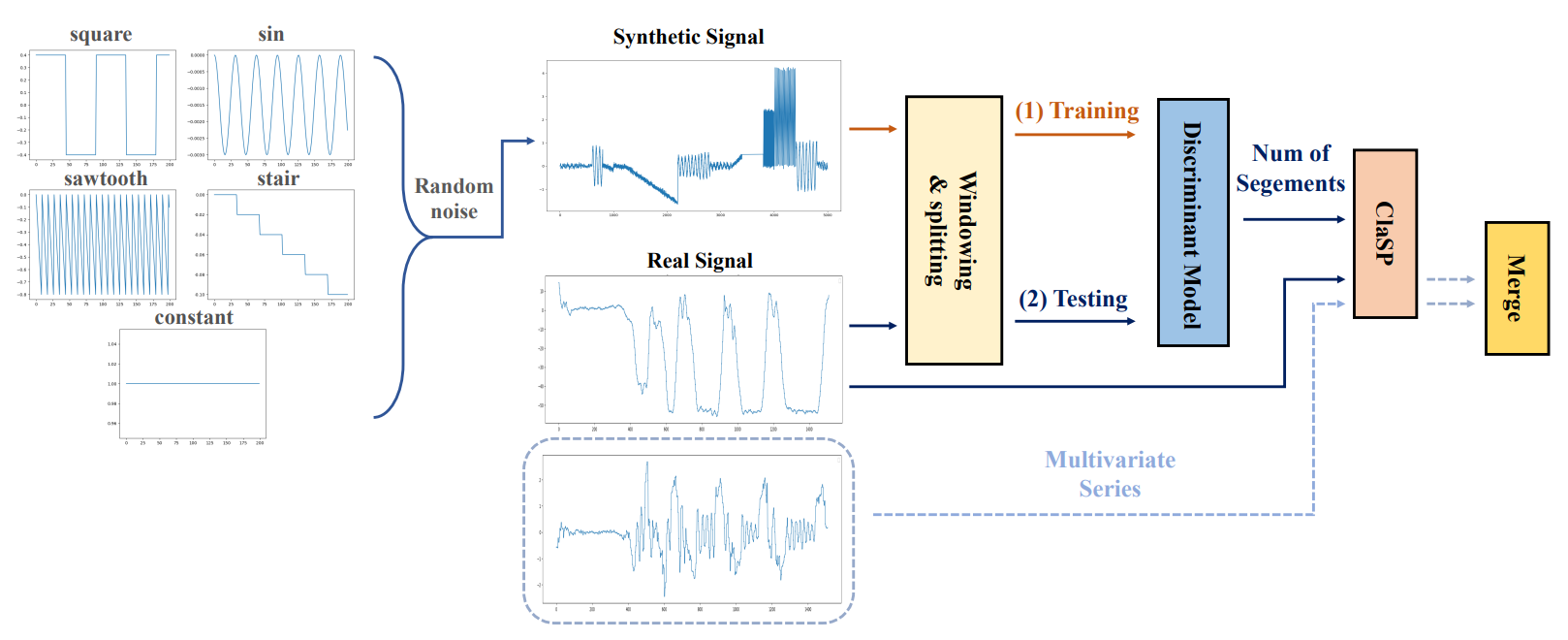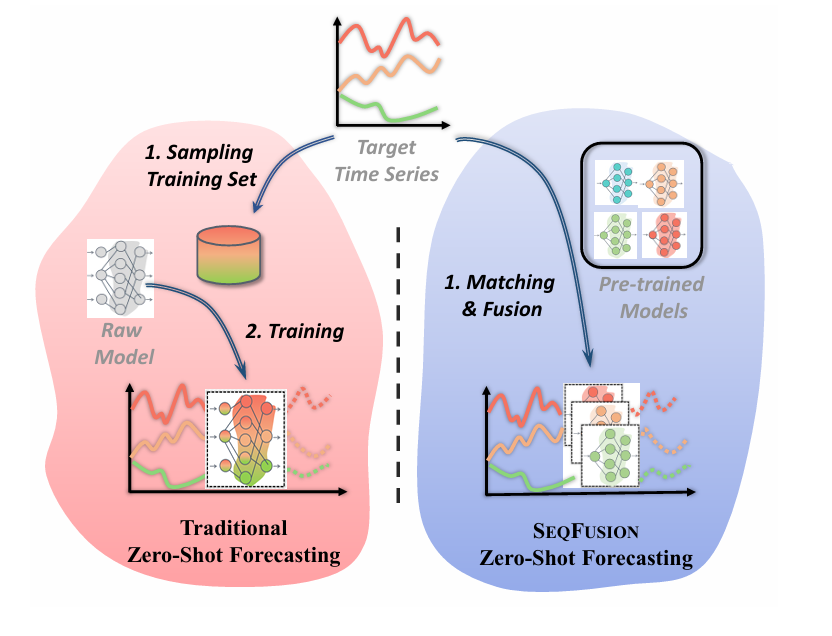Tingji Huang @ LAMDA

|
黄廷基
Email: huangtj@lamda.nju.edu.cn Laboratory: Room A304, Shaoyifu Building, Nanjing University Xianlin Campus |
Biography
Currently I am a graduate student of School of Artificial Intelligence in
Nanjing University and a member of LAMDA Group, led
by professor Zhi-Hua Zhou.
I received my B.Eng. degree in Automation from School of Management and Engineering, Nanjing University in June 2022. In September 2022,
I was admitted to pursue a M.Sc. degree in Nanjing University, under the supervision of Associate Professor
Han-jia Ye and Professor De-Chuan Zhan without entrance examination.
Research Interests
My research interests include Machine Learning and Data Mining. Currently, I focus on learning in extreme environments, including Few-Shot (Meta) Learning and Model Reuse (Transfer of Pre-trained Models). Recently, I am interested in
-
Learning to Assess Models: A valuable learning paradigm to improve the performance on transfer tasks, especially when only a few labeled transfer data are available.
-
Large Language Models for Downstream Tasks: Utilize model resources, use the knowledge of pre-trained language models and make models more discriminative, e.g. Modifying vocabularies for Recommendation.
Publications - Conference Papers
 |
In this paper, we explore how to effectively tokenize users and items in LLM-based recommender systems. We emphasize the role of out-of-vocabulary (OOV) tokens in addition to the in-vocabulary ones and claim the memorization of OOV tokens that capture correlations of users/items as well as diversity of OOV tokens. |
 |
We propose Model Spider, which tokenizes pre-trained models (PTMs) and tasks to enable efficient PTM selection. Leveraging PTMs' approximated performance on historical tasks, Model Spider learns to rank with model-task pairs and generalizes to new downstream tasks. PTM-specific task tokens further improves PTM selection. Model Spider balances efficiency and selection ability, demonstrating promising performance in various configurations of model zoos. |
 |
we introduce a novel approach to change point detection that eliminates the requirement for collecting supervised data. We train a discriminant model using artificially generated synthetic signals comprising a combination of intricate patterns and random noise, which is designed to predict the number of change points. Experimental results demonstrate the superiority of our Detection Model via Synthetic Signals (DMSS) on the Human Activity Segmentation dataset. |
Publications - Preprints
 |
In this paper, we introduce SeqFusion in this work, a novel framework that collects and fuses diverse pre-trained models (PTMs) sequentially for zero-shot forecasting. Instead of collecting diverse pre-training data, SeqFusion selects the most suitable PTMs from a batch of pre-collected PTMs based on the specific temporal characteristics of the target time series, performs sequential predictions, and fuses all the predictions while using minimal data to protect privacy. |
Experience
-
2024.5 ~ 2024.9, Tecent, WeChat. Research Intern. Recommendation system in WeChat Video Search.
Awards and Honors
-
Kaggle, Human Activity Segmentation Challenge@ECML/PKDD, 2nd place, 2023
-
Kaggle, Anticipating Vehicle Accidents Challenge@ICME, 2nd place, 2023
-
Outstanding graduated of Nanjing University, 2022
-
National Scholarship, 2021
Correspondence
Email:
huangtj {AT} lamda.nju.edu.cn
Laboratory:
Room A304, Shaoyifu Building, Xianlin Campus of Nanjing University
Address:
National Key Laboratory for Novel Software Technology, Nanjing University, Xianlin Campus Mailbox 603, 163
Xianlin Avenue, Qixia District, Nanjing 210023, China
(南京市栖霞区仙林大道163号, 南京大学仙林校区603信箱, 软件新技术国家重点实验室, 210023.)



